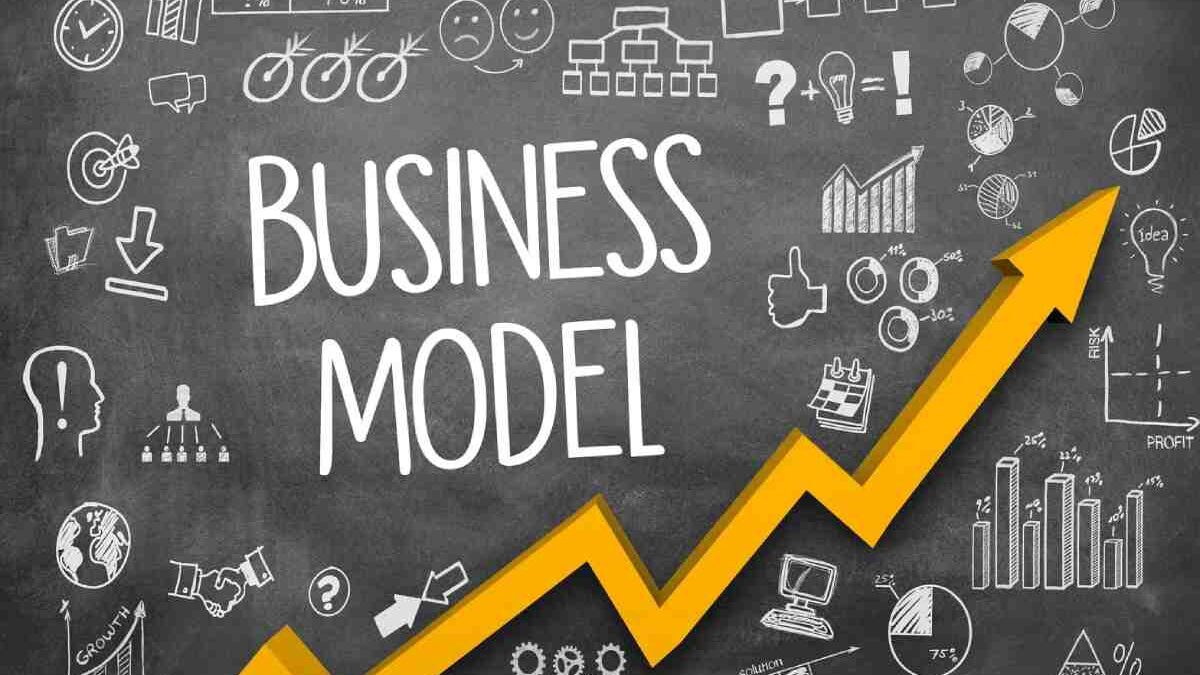Examples Of Startup -There are a variety of business models practiced by startups. Furthermore, some early-stage startups may not even have a practiced business model today, although they should have one or more clearly identified potential business models that they could practice in the future due to their value creation.
Below is a brief description of some examples of early business models.
Table of Contents
Examples Of Startup
A market is the place where two or more types of users come together to transact business. The market typically earns its revenue from what is known as market rake, usually a percentage of the revenue trade in the market. Securing accurate freight quotes is essential for startups involved in physical product distribution to manage logistics costs effectively.
Market Model:
Instead of a commission percentage, some marketplaces may charge a flat transaction fee. eBay (a marketplace for buyers and sellers of used goods), Uber (a marketplace for drivers and drivers), Airbnb (a marketplace for hosts and guests), and Instacart (a grocery and consumer marketplace and FundersClub portfolio company). Markets are extremely difficult to start and reach a point of consistently high liquidity (supply meets demand) but are very defensible once established.This is one of the Examples Of Startup
Saas (Software As A Service):
A SaaS business model involves providing software to customers, typically enterprise software for SMB and/or enterprise customers, and charging a subscription (e.g. monthly, yearly, etc.) for the software. Sometimes service contracts are also include to generate revenue from custom support or integration. Sometimes SaaS companies opt for a freemium model, where entry-level plans are free and more robust plans are pay. Examples of SaaS startups are Salesforce.com and Dropbox.
E-Commerce:
An e-commerce business model refers to selling products online and earning revenue from the transactions through margins on the products sold or otherwise. It may seem like an outdat business model, but in 2015 only about 7% of all retail sales were made online. Amazon.com and Warby Parker are examples of e-commerce startups.This is one of the Examples Of Startup
Consumer: Is One Of The Examples Of Startup
A consumer model typically involves a free or low-cost application distribute to consumers that provides value and consumer interaction, which in turn creates a valuable consumer distribution channel that has intrinsic value today or can monetize later . Examples of top startups are Instagram and SnapChat; still heavily monetized, but have accumulated significant value due to their ubiquity and commitment to consumers. Consumer apps can sometimes try to make money through advertising, data, and other means.
Api Startups: Is One Of The Examples Of Startup
API business model startups serve the emerging development economy and typically monetize through a subscription. SaaS-like model base on API usage, in other cases they monetize through transaction fees when currency is process. Stripe and Twilio are examples of API startups. This is one of the Examples Of Startup
Licensing:
New licensing companies derive value from intellectual property licenses, which can include patents, trademarks. Trade secrets and know-how. Examples of licensing business models include Arm Holdings, an off-the-factory semiconductor company.
Hardware:
Hardware startups make hardware-enabled devices and monetize them by charging for the devices and/or the software and/or services associated with the hardware. It companies include Apple (which also developed a market model with the App Store and iTunes) and Tesla.
Business Model Vs. Revenue Model Vs. Source Of Income
Before we delve into the different types of revenue models, let’s take some time to differentiate between the terms business model, revenue model, and revenue stream. As they are often use interchangeably.
An income stream is the only source of income for a business. Depending on its size, a company may have zero or multiple revenue streams. This is one of the Examples Of Startup
A revenue model is a company’s strategy for managing revenue streams and the resources required for each revenue stream.
A business model is the structure made up of all aspects of a business. Including the revenue model and revenue streams, and describes how they all work together.
Final thoughts Is One Of The Examples Of Startup
Remember to do your research and take the time to decide which model is best for your startup because once you’ve settled on one revenue model. It can be difficult to decide on another, especially if you are in the early stages. As mentioned above, this blog post doesn’t cover every revenue model used by startups, but by highlighting the most popular ones. You should have enough information to decide which revenue model will propel your startup into the big leagues.

